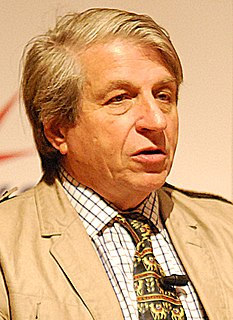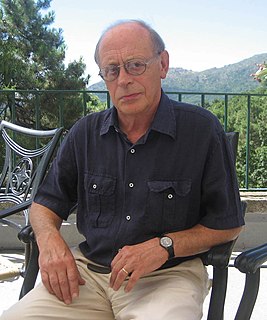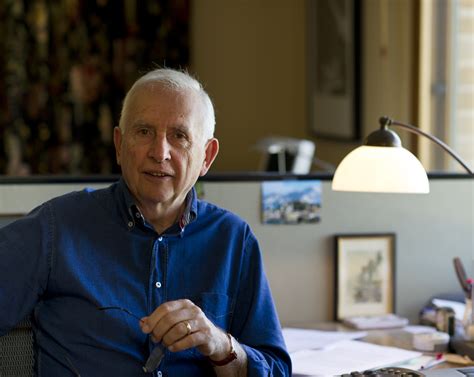A Quote by Philip Roth
I'm not good at finding 'encouraging' features in American culture. I doubt that aesthetic literacy has much of a future here.
Related Quotes
Financial literacy is not an end in itself, but a step-by-step process. It begins in childhood and continues throughout a person's life all the way to retirement. Instilling the financial-literacy message in children is especially important, because they will carry it for the rest of their lives. The results of the survey are very encouraging, and we want to do our part to make sure all children develop and strengthen their financial-literacy skills.
We see a lot of feature-driven product design in which the cost of features is not properly accounted. Features can have a negative value to customers because they make the products more difficult to understand and use. We are finding that people like products that just work. It turns out that designs that just work are much harder to produce that designs that assemble long lists of features.
McWorld is a product of popular culture driven by expansionist commerce. Its template is American, its form style. Its goods are as much images as matériel, an aesthetic as well as a product line. It is about culture as commodity, apparel as ideology. Its symbols are Harley-Davidson motorcycles and Cadillac motorcars hoisted from the roadways, where they once represented a mode of transportation, to the marquees of global market cafés like Harley-Davidson's and the Hard Rock where they become icons of lifestyle.
There are many different kinds of doubt. When we doubt the future, we call it worry. When doubt other people we call is suspicion. When we doubt ourselves we call it inferiority. When we doubt God we call it unbelief. When we doubt what we hear on television we call it intelligence! When we doubt everything we call it cynicism or skepticism.







































